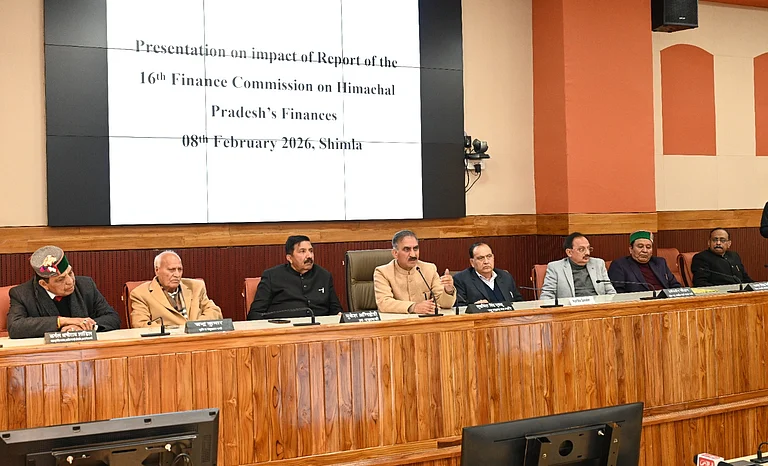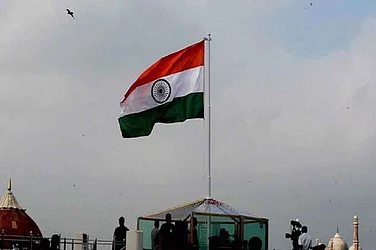Amid the ongoing debate over the validity of electoral bonds scheme, the Supreme Court on Thursday reserved its verdict on a batch of petitions challenging the validity of the scheme for funding political parties.
On October 31, a five-judge constitution bench comprising Chief Justice D Y Chandrachud and Justices Sanjiv Khanna, B R Gavai, J B Pardiwala and Manoj Misra had commenced hearing arguments on the four petitions, including those filed by Congress leader Jaya Thakur, the Communist Party of India (Marxist) and NGO Association for Democratic Reforms (ADR).
About the electoral bond scheme
The electoral bond scheme, which was notified by the government on January 2, 2018, was proposed as an alternative to cash donations made to political parties as an endeavour to bring in transparency in political funding.
According to the provisions of the scheme, electoral bonds may be purchased by any citizen of India or entity incorporated or established in India. An individual can buy electoral bonds, either singly or jointly with other individuals. Only the political parties registered under Section 29A of the Representation of the People Act, 1951 and which secured not less than 1 per cent of the votes polled in the last election to the Lok Sabha or a state legislative Assembly are eligible to receive electoral bonds.
According to the notification, electoral bonds shall be encashed by an eligible political party only through an account with an authorised bank.
The apex court had, in April 2019, declined to stay the electoral bonds scheme and made it clear that it will accord an in-depth hearing on the pleas as the Centre and the Election Commission had raised "weighty issues" that had "tremendous bearing on the sanctity of the electoral process in the country".
Scheme provides for selective anonymity & selective confidentiality: SC
Earlier on Wednesday, the apex court said the problem with electoral bonds scheme is that it provides for "selective anonymity" and "selective confidentiality" as the details are available with the State Bank of India (SBI) and can also be accessed by the law enforcement agencies.
A five-judge constitution bench headed by Chief Justice D Y Chandrachud observed the problem with the scheme would lie if it does not provide a level playing field to political parties and if it suffers from opacity.
While hearing arguments on a batch of pleas challenging the validity of electoral bonds scheme for funding political parties, the apex court said the motive behind the scheme may be perfectly laudable but in an effort to bring in white money into the electoral process, it essentially provides for a "complete information hole".
Under the scheme, electoral bonds can be issued or purchased from some authorised branches of the SBI.
"Your argument that look if you were to strike down the scheme, you will go to a situation which existed prior… that may not be valid for the reason that we are not precluding the government from coming out with a transparent scheme or a scheme which has a level playing field," the CJI observed.
During the day-long hearing, he said a big donor would never take the risk of buying electoral bonds for the purpose of tendering it to political parties and never put his or her head on the line by being in the books of account of the SBI.
The CJI said a big donor may disaggregate the donation to people who will purchase electoral bonds with small amounts through the official banking channel and not through cash.


























